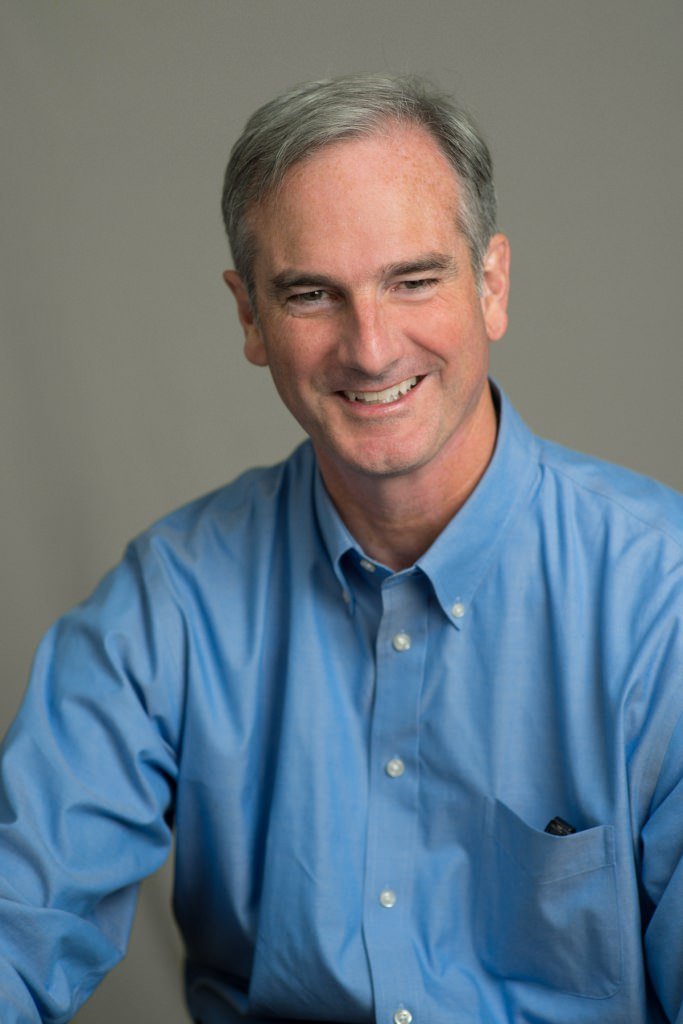UW–Madison center takes lead in improving mental health services in Great Lakes region
The University of Wisconsin–Madison is part of a new effort by the U.S. Department of Health and Human Services (HHS) to strengthen mental health services across the nation.
The Center for Health Enhancement Systems Studies (CHESS), housed in UW–Madison’s Department of Industrial and Systems Engineering, has received a $3.7 million, five-year grant to serve as the Mental Health Technology Transfer Center for HHS Region 5, which includes Wisconsin, Illinois, Indiana, Michigan, Minnesota and Ohio.
The new tech transfer center will provide training and technical assistance to support the region’s mental health workforce, covering treatment and recovery services.
“This is a great setting for this kind of center,” says its new director, CHESS senior scientist Todd Molfenter. “The research environment is helpful as a strong foundation to be able to make sure we’re promoting appropriate clinical practice.”
The grant is part of a new approach by HHS’s Substance Abuse and Mental Health Services Administration. The administration has created 10 regional mental health technology transfer centers, plus additional sites focused specifically on the needs of tribal and Hispanic populations. A national coordinator based at Stanford University in partnership with the University of Missouri-Kansas City will work closely with the 10 regional centers.
Writing in Psychiatry Online in August, Elinore F. McCance-Katz, HHS assistant secretary for mental health and substance abuse, said the new centers will broaden access to training on new evidence-based approaches to treatment.
“With these centers, all healthcare providers and organizations can participate in educational programs that will improve their abilities to serve the mental health and substance use disorder needs of Americans, and in doing so, we will serve the nation rather than only select grantees,” McCance-Katz wrote.
The Region 5 center will provide a variety of in-person and distance training opportunities, allowing a greater percentage of mental health workers to participate, and helping organizations cope with high employee turnover in the industry.
“There are a lot of evidence-based practices out there in the mental health field, but there’s a really slow uptake in getting them out into the field in practice,” says Louis Kurtz, the center’s project manager. “There’s a lot of time and investment in getting individual staff and agencies up to speed, and one of the things we’re going to try to bring to the table is what we know about implementation science: What do we know is best practice in how to help an agency or a provider actually learn how to deliver the practice as it was designed, or with fidelity to the model, in the shortest period of time possible?”
By partnering with local coordinators from each state’s mental health care provider association, the regional center will tailor its offerings to match local needs. It will also deliver what Molfenter calls intensive technical assistance by working with groups in specific areas on focused problems, such as limited access to treatment among a particular demographic. And the center will act as a conduit for sharing best practices and resources across states and organizations, which the team hopes will result in better coordination among mental health providers.
CHESS has identified areas of particular need in the Great Lakes region, including suicide prevention, youth safety, and the co-occurrence of substance use and mental health disorders. According to the Centers for Disease Control and Prevention, suicide rates for all populations across the region increased 31.6 percent between 1999 and 2016, which puts it in line with national trends.
Given the region’s demographic makeup, Molfenter says the center will also focus on Native American, Hispanic, Hmong and African-American populations.
UW-Madison and CHESS are also home to the Great Lakes Addiction Technology Transfer Center, supported by a $3.8 million HHS grant in 2017.
###
— Tom Ziemer, (608) 265-8669, thomas.ziemer@wisc.edu

